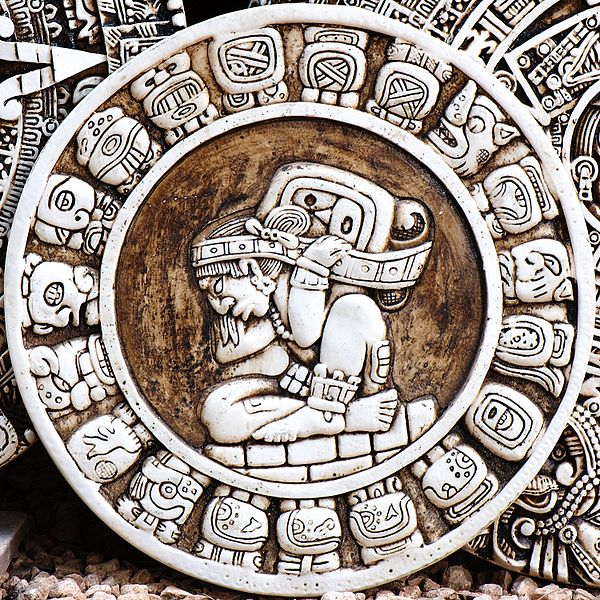The Mayan civilization is known for its advanced understanding of astronomy and timekeeping. The Mayan calendar is a system of calendars used by the ancient Mayan civilization in pre-Columbian Mesoamerica. The calendar system consists of several intertwined cycles, the most important of which is the Long Count calendar. This calendar is based on a cycle of 13 baktuns, each lasting approximately 394 years.
July 25 holds a special significance in the Mayan calendar as it marks the beginning of a new Tzolk’in cycle. The Tzolk’in is a 260-day calendar used for ceremonial and divinatory purposes. It is composed of 20 day signs and 13 numbers, resulting in a unique combination for each day of the cycle.
July 25 Mayan Calendar
Implications of July 25 in the Mayan Calendar:
According to Mayan beliefs, the start of a new Tzolk’in cycle signifies a time of renewal and rebirth. It is a time for introspection and setting intentions for the upcoming cycle. Many Mayan communities celebrate this date with traditional rituals and ceremonies to honor the cycle of time and its connection to the natural world.
For those interested in Mayan spirituality and astrology, July 25 is a powerful time for connecting with the energies of the cosmos and aligning with the rhythm of the universe. It is a time for meditation, reflection, and setting intentions for personal growth and transformation.
Conclusion:
The July 25 Mayan calendar date holds deep significance for those who follow the ancient Mayan traditions and beliefs. It is a time for renewal, rebirth, and spiritual connection with the cosmos. Whether you are a believer in Mayan astrology or simply curious about ancient civilizations, exploring the significance of July 25 in the Mayan calendar can offer valuable insights into the interconnectedness of time, nature, and the human spirit.
